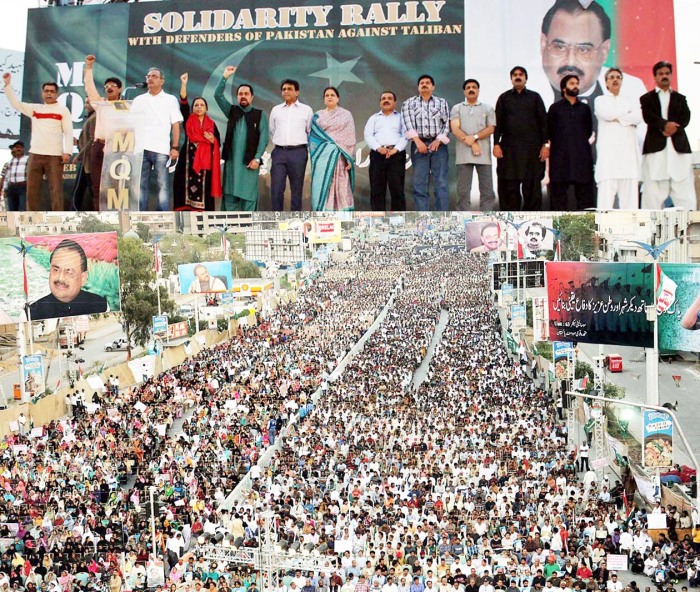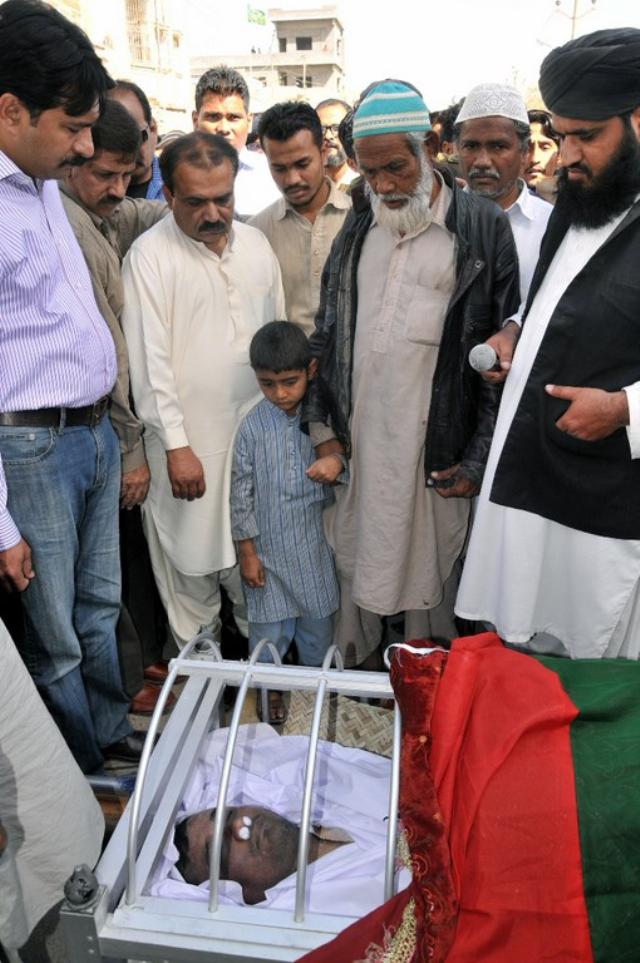If we trace down the history of PPP’s (Pakistan Peoples Party) politics since the demise of Benazir Bhutto, we witness a considerable amount of decline in the popularity of the party, which once held the honor of representation in all the four provinces. Thanks to the unparalleled tales of corruption and height of bad governance PPP has successfully abridged itself to a regional party, PPP is now facing some serious internal crises as the hardliners like Zulfiqar Mirza have started to bash party leadership directly and the signs of rift between the Pro-Son (Bilawal) and Pro-Father (Zardari) factions in PPP are widening more and more with each passing day.
The recent entry of ex-president PPP Sindh and Sindh’s most notorious ex-interior minister Zulfiqar Mirza with fiery statements and accusations on his best friend, business partner, and Co-Chairman PPP Mr. Asif Ali Zardari have raised many important questions regarding the current state of affairs in the party, as well as what is happening behind the curtains.
Following the recent statements of Zulfikar Mirza against PPP co-chairman and other party leaders erupt tension in interior Sindh, party workers torn & burn his posters in his hometown — Badin. Local leaders protest against Zulfikar Mirza & chant slogans in favor of Zardari and PPP.
Though Zulfiqar Mirza holds no portfolio in the current party structure of PPP, Yet he knows how to get Media attention by using age old propaganda tricks of all sorts. From name calling to fake allegations and from inciting religious sentiments by holding sacred religious books in his hand he could go to any extent for making the headlines. Before analyzing his recent gimmicks, let’s have a glimpse of some of his most notorious statements of the past — ‘Ye PAC Wale Mere Bache Hain’ who could forget this shocking statement by Zulfiqar Mirza Sindh’s sitting interior minister then, who didn’t only owned the banned terrorist outfit PAC (Peoples Aman Committee) but also patronized their heinous crimes against Humanity, when they allegedly killed dozens of Urdu speaking Karachiites in a series of events.
Secondly, in one of his most notorious speeches made at a bucohollic party held at ANP’s (Awami National Party) provincial president, Shahi Syed’s house, he tried to incite violence by admitting the fact that he hasn’t given 300 thousand arms licenses for aerial firing in marriages and if violence erupts in the metropolis more Urdu speaking would be executed then any other ethnic community.
While talking with Shahzeb Khanzada on a private news channel, Zulfikar Mirza said “Main Ek Badbudaar Shia Hoon” — this insane statement still needs to be comprehended, how come a man who calls himself a devoted Shia, could disgrace his Faith to such an extent that his statement hurts the religious sentiments of millions of Shias living in the province. Contrary to his tall claims, he never uttered a single word against the Taliban and other banned sectarian outfits like SSP, LeJ who are involved in the ongoing violence against Shia professionals, especially in Karachi.
During his tenure as the Interior minister Zulfiqar Mirza turned a blind eye towards the systematic Talibanization in Karachi, but also kept on putting fake allegations on MQM (Muttahida Qaumi Movement), whose leader Altaf Hussain was the first to raise voice against the increasing extremism in the province, especially in Karachi.
Now, Zulfiqar Mirza’s return to the mainstream politics after many years, pumped-up to bring a storm in a tea cup. He came up with all sorts of allegation of corruption and mismanagement against his own party leadership of PPP. Media is giving full coverage by interviewing him, although, his interviews are nothing more than frustration against his party.
According to some analysts, his entry on media before senate election and during the time when the country was united against extremists is raising many questions on his intentions. He turned the whole media attention towards him when a mosque belonged to Shia sect in Shikarpur was hit by a suicide bomber. The attack proved that land of Sufis which was pure from such mentality is also suffering from menace of extremism. This growing terrorism and crime in Sindh including rural area raises many questions on Zulfiqar Mirza’s tenure as Interior Minister and his intentions towards the country. After all, he was the first one who as PPP senior official gave the slogan of “Na khappay Pakistan” (Pakistan won’t survive) on Benazir’s murder in December 2007.
Follow @Takhaan





